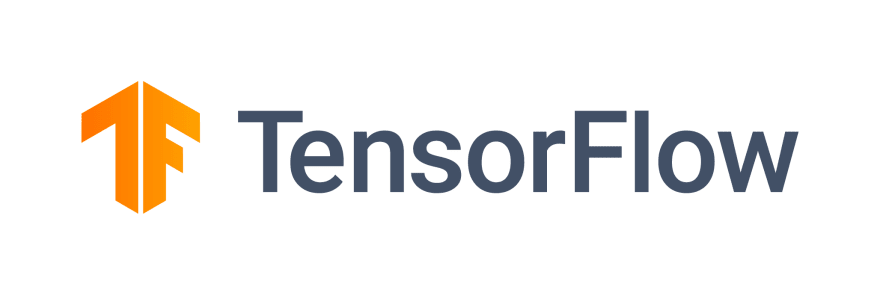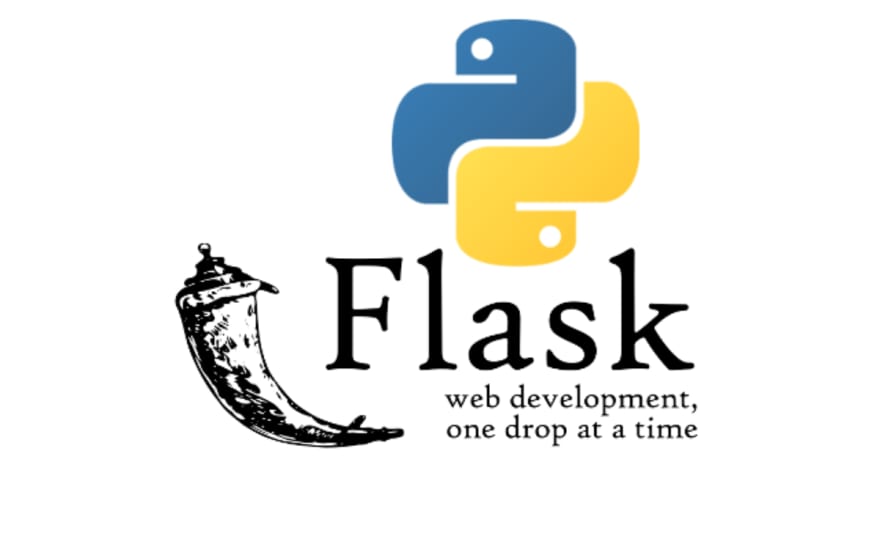1) TensorFlow - An Open Source Machine Learning Framework for Everyone ( 167.77k stars )

TensorFlow is an end-to-end open-source platform for machine learning. It has a comprehensive, flexible ecosystem of tools, libraries, and community resources that lets researchers push the state-of-the-art in ML, and developers easily build and deploy ML-powered applications.
TensorFlow was originally developed by researchers and engineers working on the Google Brain team within Google's Machine Intelligence Research organization to conduct machine learning and deep neural networks research. The system is general enough to be applicable in a wide variety of other domains.
2) Transformers - State-of-the-art Machine Learning for Pytorch, TensorFlow, and JAX ( 70.33k stars )
Transformers provide thousands of pre-trained models to perform tasks on different modalities such as text, vision, and audio.
These models can be applied on:
📝 Text, for tasks like text classification, information extraction, question answering, summarization, translation, text generation, in over 100 languages.
🖼️ Images, for tasks like image classification, object detection, and segmentation.
🗣️ Audio, for tasks like speech recognition and audio classification.
Transformer models can also perform tasks on several modalities combined, such as table question answering, optical character recognition, information extraction from scanned documents, video classification, and visual question answering.
🤗 Transformers provides APIs to quickly download and use those pre-trained models on a given text, fine-tune them on your datasets, and then share them with the community on our model hub. At the same time, each python module defining an architecture is fully standalone and can be modified to enable quick research experiments.
3) Django - The Web framework for perfectionists with deadlines ( 66.5k stars )
With Django, you can take web applications from concept to launch in a matter of hours. Django takes care of the hassle of web development, so you can focus on writing your app without reinventing the wheel. It’s free and open source.
4) Flask - The Python micro framework for building web applications ( 60.65k stars)
flask python 2022
Flask is a lightweight WSGI web application framework. It is designed to make getting started quick and easy, with the ability to scale up to complex applications. It began as a simple wrapper around Werkzeug and Jinja and has become one of the most popular Python web application frameworks. Flask offers suggestions but doesn't enforce any dependencies or project layouts. It is up to the developer to choose the tools and libraries they want to use. There are many extensions provided by the community that makes adding new functionality easy.
5) Scikit-Learn - machine learning in Python ( 51.38k stars)
Scikit-learn is a Python module for machine learning built on top of SciPy and is distributed under the 3-Clause BSD license. The project was started in 2007 by David Cournapeau as a Google Summer of Code project, and since then many volunteers have contributed. It is currently maintained by a team of volunteers.
Which is the best python library you used this year?










Top comments (0)